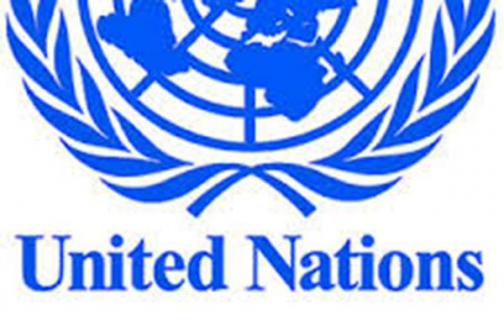×
The Standard e-Paper
Kenya’s Boldest Voice

Six years ago, the United Nations General Assembly voted to designate August 30 as the International Day of Victims of Enforced Disappearance, to draw attention to the global problem of enforced disappearances.
The discussions drew little relevance in Kenya. This was for two reasons. Three days earlier, Kenyans had voted overwhelmingly for a new Constitution clearly safeguarding a raft of human rights.